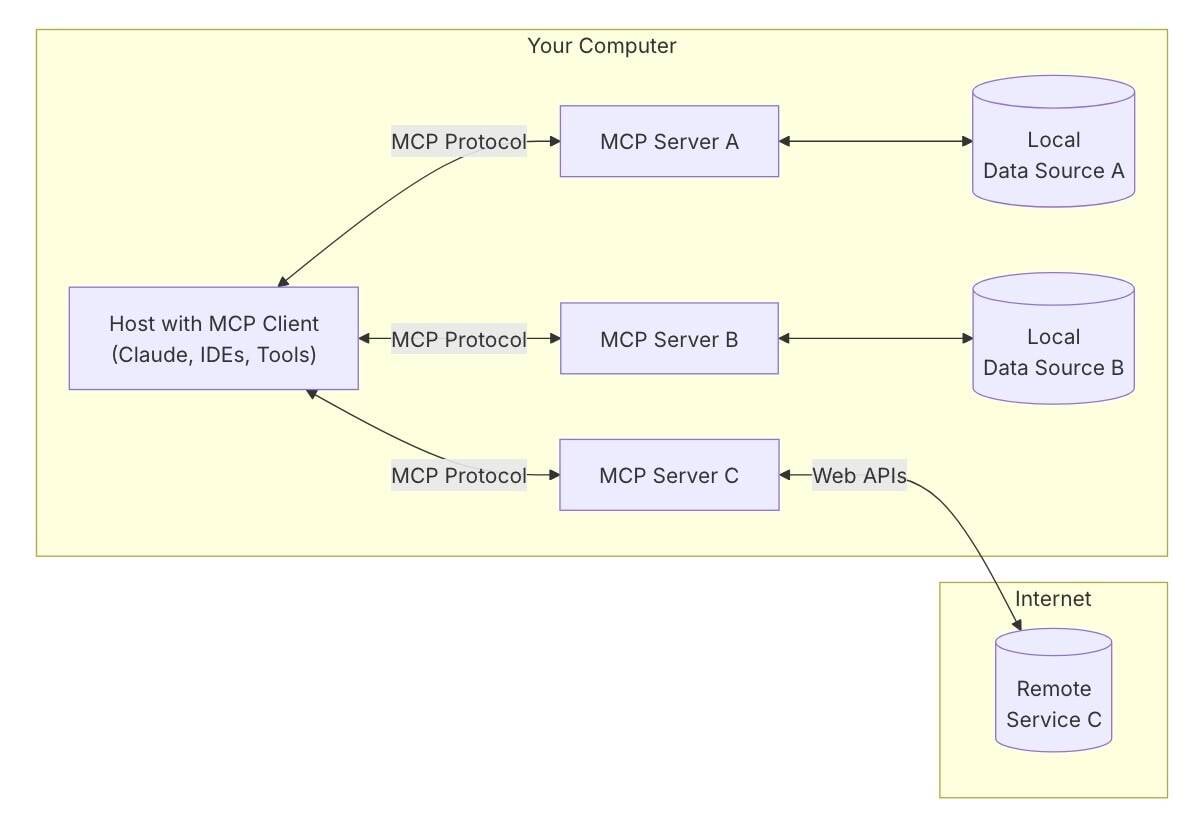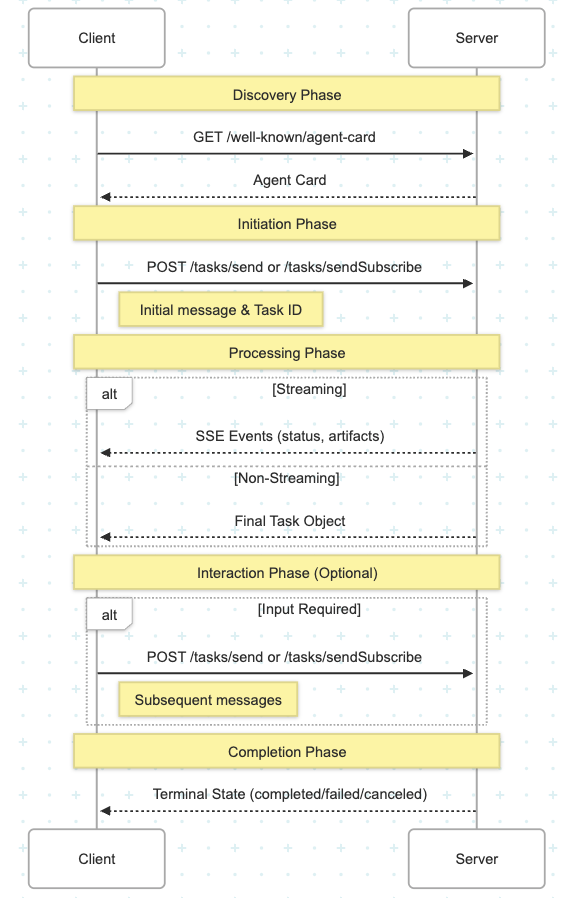MCP vs A2A The Competing Protocols Shaping AI Agent Communication
Exploring the differences between Anthropic's MCP and Google's A2A protocols for AI agent communication and their industry impact.
As AI agents become more prevalent, the need for standardized communication protocols has grown. Two major players have emerged: Anthropic's Model Context Protocol (MCP) and Google's Agent-to-Agent (A2A) protocol. While they share similarities, they address distinct challenges in the AI ecosystem.
MCP: The 'USB-C' of AI
Introduced last year, MCP is designed to connect AI systems with external data stores, APIs, and tools. It uses a client-server architecture with JSON-RPC over Stdio, HTTP, or SSE. MCP's strength lies in standardizing how models interact with existing resources like databases or Kubernetes clusters.

However, MCP has also introduced new security threats, and early trials show AI agents still have a long way to go in reliability.
A2A: The 'Ethernet' for Agents
Google's A2A, revealed at I/O 2025, focuses on agent-to-agent communication. Like MCP, it uses JSON-RPC, HTTP, and SSE but is tailored for interactions between specialized agents. The protocol includes:
- Discovery phase: Agents exchange 'business cards' detailing capabilities and authentication
- Task execution: Roles (client/server) are context-dependent
- Progress tracking: Uses task IDs for longer-running jobs

A2A has gained support from major players like Accenture, Atlassian, and Workday. Google has also announced plans to donate A2A to the Linux Foundation.
Key Differences
- MCP connects models to external resources
- A2A enables communication between agents
- Both are backed by tech giants but serve different purposes
The Road Ahead
With the AI ecosystem still evolving, these protocols may face competition as agentic systems mature. Standards bodies' slow pace could also lead to fragmentation if disagreements arise over features or implementation.
Related News
AWS extends Bedrock AgentCore Gateway to unify MCP servers for AI agents
AWS announces expanded Amazon Bedrock AgentCore Gateway support for MCP servers, enabling centralized management of AI agent tools across organizations.
CEOs Must Prioritize AI Investment Amid Rapid Change
Forward-thinking CEOs are focusing on AI investment, agile operations, and strategic growth to navigate disruption and lead competitively.
About the Author

David Chen
AI Startup Analyst
Senior analyst focusing on AI startup ecosystem with 11 years of venture capital and startup analysis experience. Former member of Sequoia Capital AI investment team, now independent analyst writing AI startup and investment analysis articles for Forbes, Harvard Business Review and other publications.